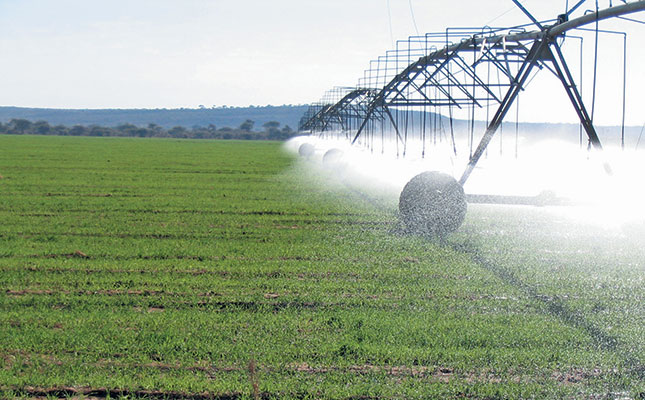Nairobi: The Kenyan government is on the cusp of launching a bold new initiative aimed at transforming the country’s agricultural sector. The National Irrigation Sector Investment Plan (NISIP), currently undergoing public consultation, outlines a five-year roadmap to enhance food security and boost economic growth by leveraging the power of irrigation.
The plan, spearheaded by the State Department for Irrigation, seeks to address the critical challenges of water scarcity and climate change, particularly in arid and semi-arid lands (ASALs). By expanding irrigated land to over 1 million acres by 2030, NISIP aims to increase agricultural productivity, reduce reliance on food imports, and create a more resilient food system.
“NISIP seeks to address water challenges we have in the agricultural sector and mitigate against climate change, particularly drought and floods, so as to ensure continued productivity in ASAL,” said Ephantus Kimotho, Principal Secretary for Irrigation.
The plan emphasizes a multi-pronged approach, including investments in water harvesting infrastructure, such as dams, reservoirs, and boreholes, while simultaneously promoting sustainable water management practices.
Recognizing the critical role of private sector engagement, NISIP encourages partnerships with corporate agribusinesses and large-scale farmers through land lease agreements and subsidized access to farm inputs. The plan also prioritizes market access for farmers, facilitating linkages with both local and international markets.
“By reducing food imports, Kenya will create more jobs, increase foreign direct investments, facilitate a low cost of living, and enhance the country’s economy,” Kimotho said.
The NISIP initiative underscores the Kenyan government’s commitment to the Bottom-up Economic Transformation Agenda (BETA), a development strategy aimed at empowering local communities and fostering economic growth from the grassroots level.
However, the success of NISIP hinges on effective collaboration between government agencies, the private sector, and local communities. The plan emphasizes the need for robust public-private partnerships, leveraging expertise and resources to achieve its ambitious goals.
“By implementing 50% of the aspirations outlined in NISIP, we can significantly reduce food imports,” Kimotho stated. “And by 100% implementing it, we reduce imports by nearly zero.”
The launch of the NISIP plan in March 2025 marks a significant milestone in Kenya’s journey towards food security and agricultural sustainability. By embracing innovative approaches and fostering strong partnerships, the country can unlock its agricultural potential and build a more prosperous future for its people.




